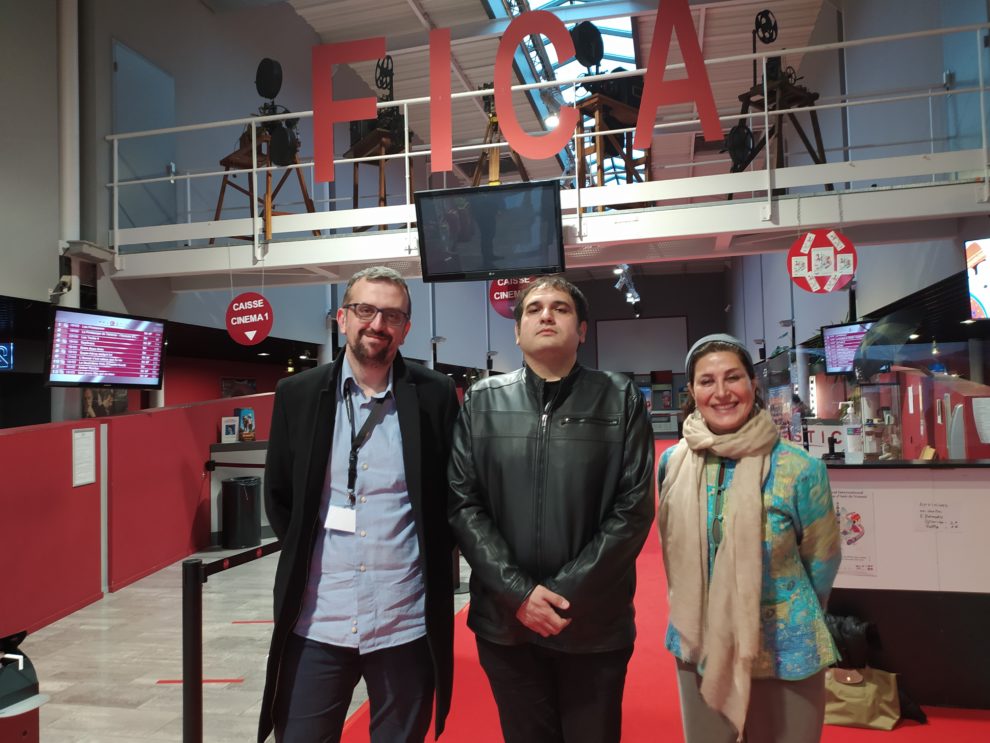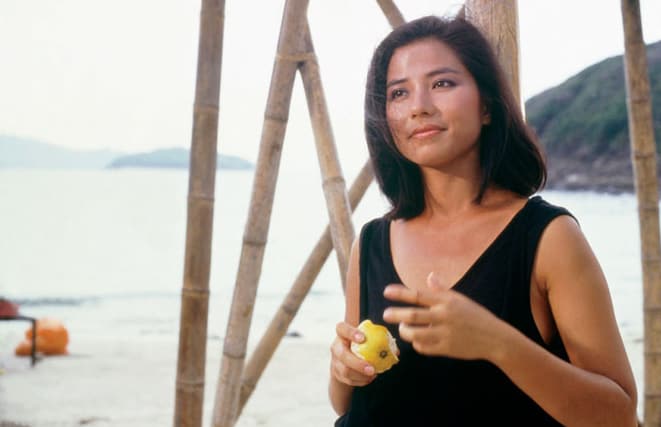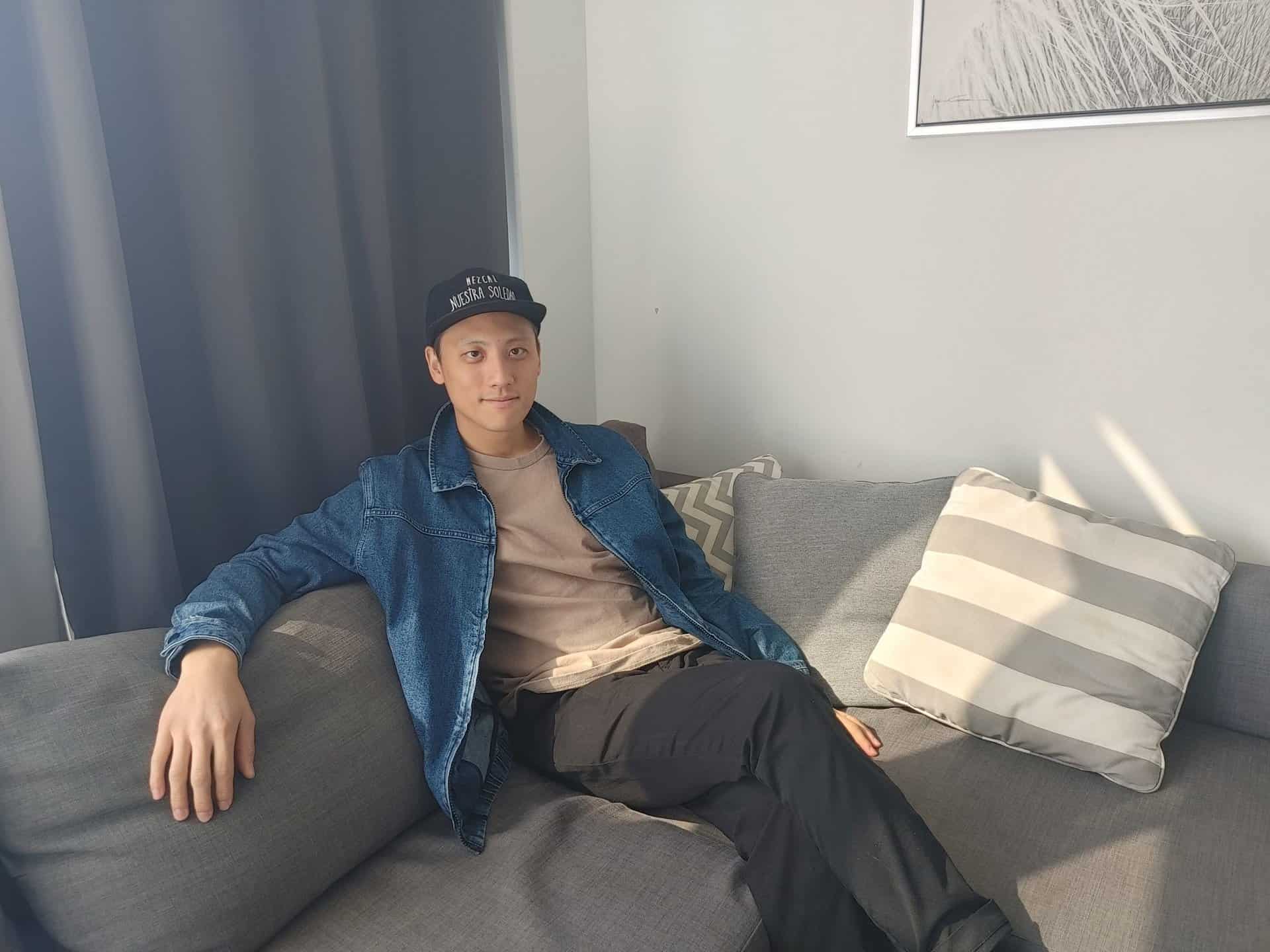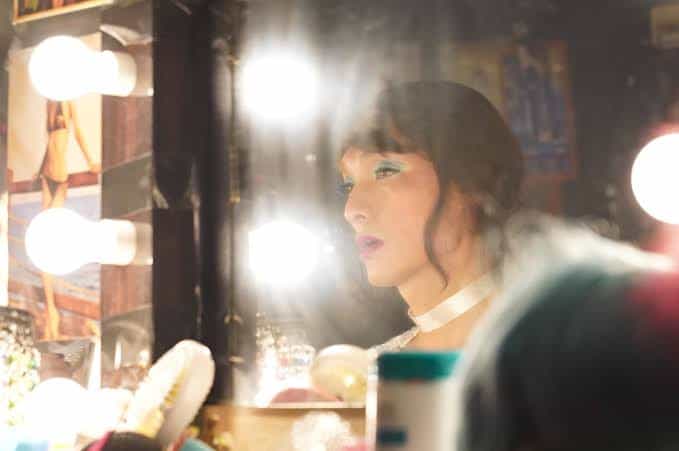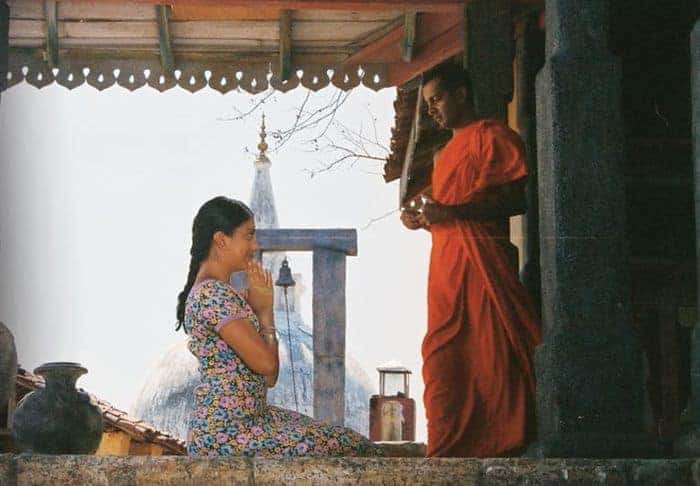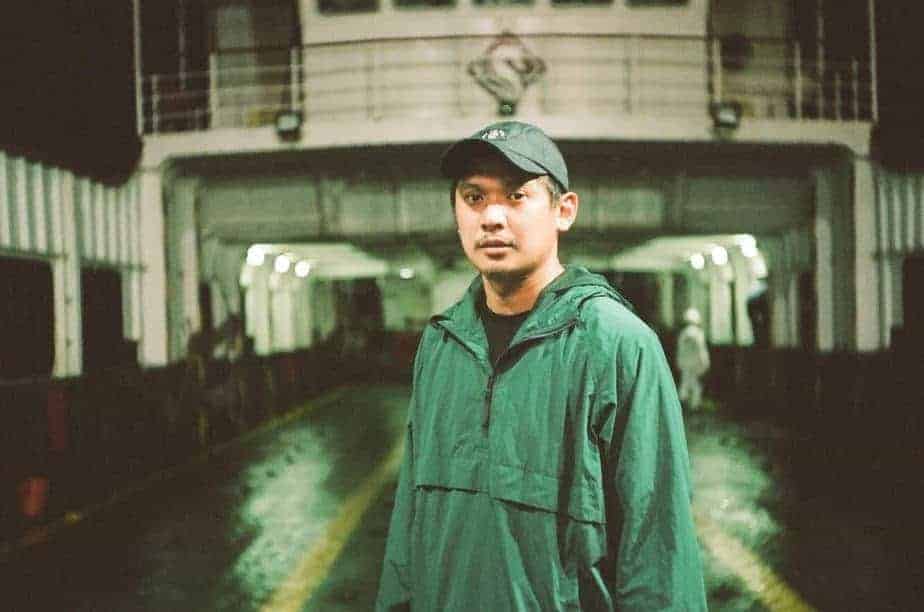Reza Dormishian was born in 1981 in Tehran. He studied English Language and in 1997 started writing as a film critic for several newspapers. He was an assistant to some prestigious Iranian filmmakers, including Dariush Mehrjui and worked as a screenwriter. He started making short films in 2002. His first feature film, “Hatred”, has been selected in Montreal and Venice Film Festival. His next movies are all selected and awarded in international festivals.
Fatemah Motamed-Arya was born in Tehran, Iran in 1961. From her very young age, she participated in theater dramas and muppet shows in Kanoon-e-Parvaresh in Tehran. She is a graduate of the Tehran Art Academy. She has won more than 30 acting awards. She has won more than any other Iranian actress and earned recognition as Best Iranian Actres ever. She apparead in more than 45 long features under supervision of people such as Mohsen Makhmalbaf, Rakhshan Bani-Etemad, Abbas Kiarostami or Bharam Beyzai…In France, she worked with Sophie Calle, Sabine El Gemayel and many other directors. She has been a jury member in many pworldwide prestigious film festivals in Iran, India, USA , Tajikstan, Australia, Italy, Egypt and France.
On the occasion of “No Choice” screening at FICA Vesoul, where it also won the Audience Award, we speak with them about homeless people in Iran, the clash between two strong women both of which want to help, the intirguing cinematography of the movie, the Iranian movie indsutry and many other topics
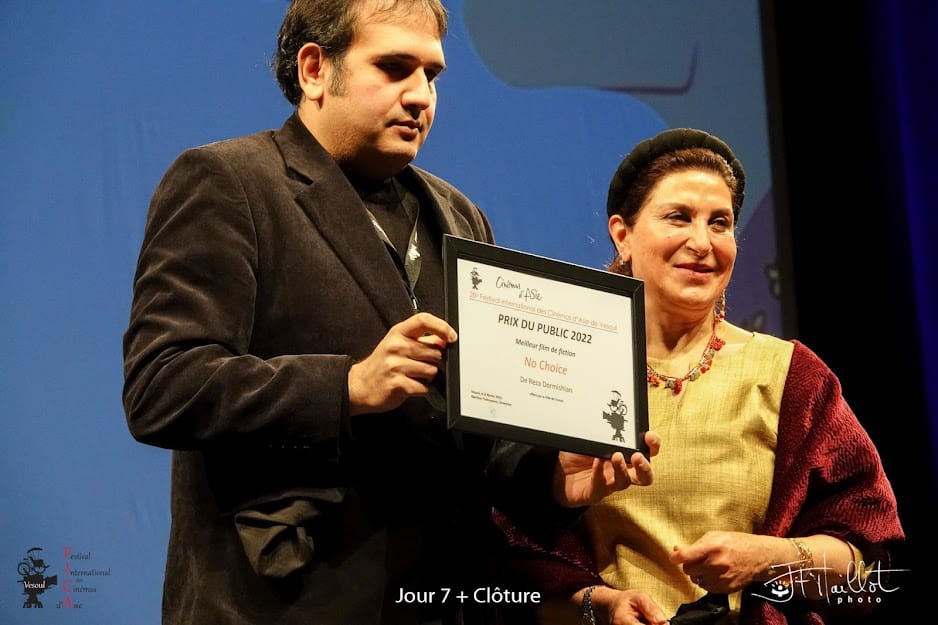
After “I'm Not Angry!”, you had a lot of issues with the authorities. How did you manage to overcome them and continue shooting?
Reza Dormishian: I had to fight to shoot my next films, but I managed to shoot two features, some documentaries and “No Choice” , so I think I am OK now.
What was your purpose in shooting “No Choice”?
It was a challenge in my mind to show the issues women face in Iran but the main focus was the homeless people in Iran. I researched the issue for two years with Human Rights activists, went to the places they sleep and spoke with them, and I did not like what I saw and heard at all. After these two years, the script was complete, but actually it was not, it was completed when the movie was complete, the script evolved, which led to also adding the concept of sterilization.
I hope this movie will be the song of the people who sleep in the streets and have no ID card, the film is for these people. There are Iranian people in Iran that do not have an ID card, because they do not know where they were born or who their parents are, or even what they have to do to get an ID. I hope we can change something about them. More than 3 million Iranian people in the country have no ID and are living on the streets.

Doesn't the government want to change that?
Fatemah Motamed-Aria: No the government pushed them to be like that
Are the places they live in dangerous?
Reza: Sometimes, because there are drugs in many of these places
What about the buses they sleep in at night?
Reza: They are public buses, but at night, the drivers rent them to the homeless. They are cold and uncomfortable, but in their minds, these are like hotels. It is now a phenomenon in Iran, called Bus Sleeping”
I would also like to add that this woman appearing in the film helping she is a real character, she has built the “House of the Sun” an NGO that helps women who are addicted to drugs
So, this thing, with people paying for homeless women to become surrogates, does it actually happen in Iran?
Reza: Yes, sometimes it does.
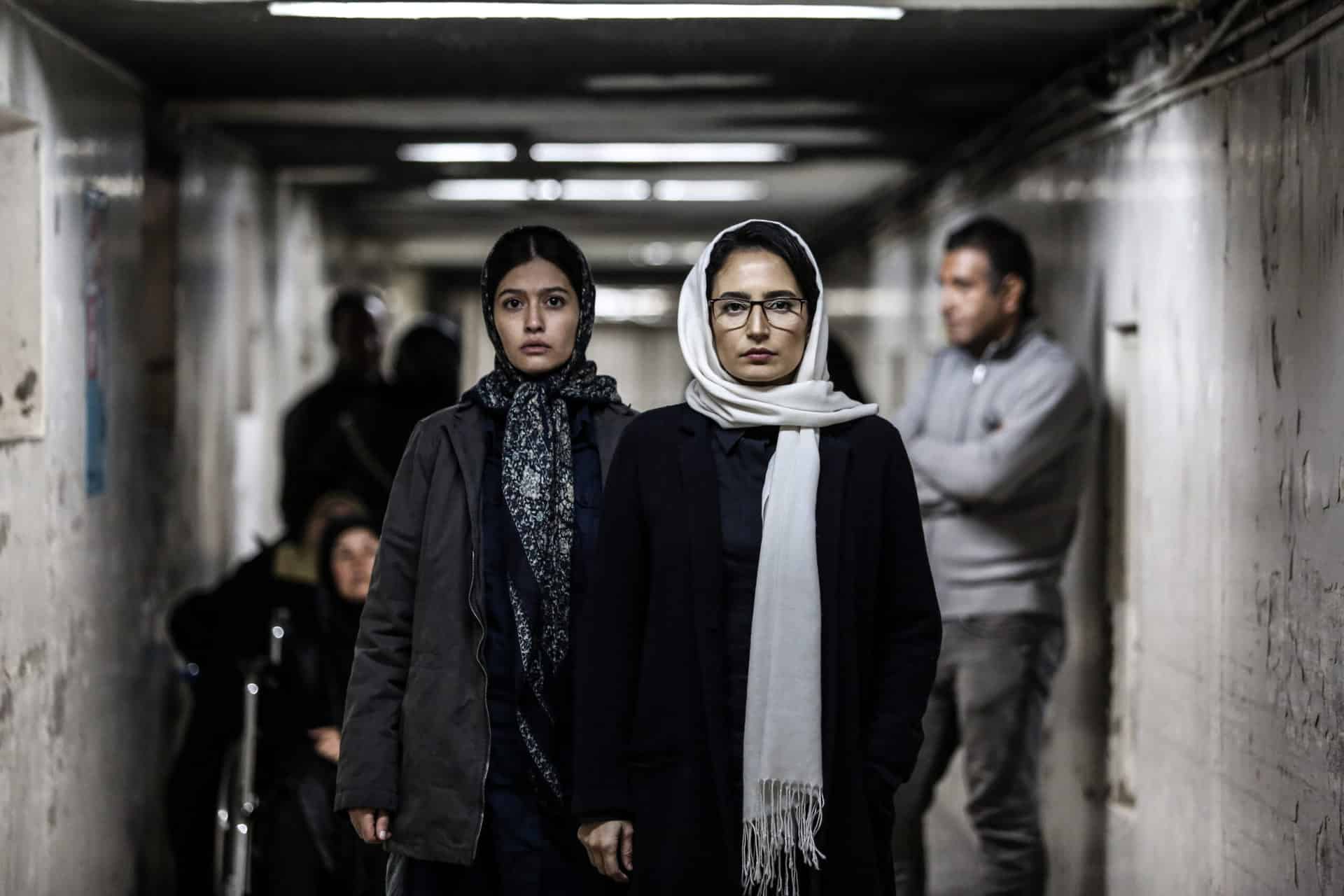
What would you say is the main difference between the doctor and the lawyer?
Reza: Both the doctor and the lawyer want to do the same thing here, to help the girl. But the lawyer wants to do it within the rules and the doctor is willing to ignore them. The doctor's mentality is “this is my job, I know this is better for her”. The lawyer also wants to change the rules, but is not willing to ignore them until they change.
Why are all the protagonists women?
Reza: I wanted to tell a story about women, with women. Also, since the film features a weak girl who gets advantaged, I also wanted to include some strong women, like the doctor and the lawyer. I wanted to show all aspects of women in Iran.
Fatemah: In Iranian society, women have an advantage in realizing when something wrong is happening, and they have more power to follow such cases as the one in the movie. We did not actually show all the power they have (Laughter).
Reza: At the same time, women frequently become victims, as portrayed in the movie.
The doctor has abandoned her family essentially, to help people. How does that make you feel as a mother?
Fatemah: She cannot leave her work, and most of all, cannot stop helping poor people. The hospital she works at is a public hospital, and she prefers to stay in the country and help than going abroad with her family. I can understand the character because I am the same also. My son lives in New York, but I never leave Tehran. I prefer to be there and battle for things I can help change in our society.
Why did you decide to play this role, what did you like the most about it?
Fatemah: I was not thinking about the mother, I was thinking about the woman, who is active and also really wants to help and she thinks that she can achieve something by breaking the law. I do not judge her, I agree with what she does in the movie, and that is why I liked this role. In reality, if I was in her place, I would probably do something similar.
Let us say the movie continues, what would happen to the doctor?
Reza: She would continue to help, but homeless people would remain in the streets…
How is the situation of the health system in Iran?
Reza: If you have money it is OK.
Fatemah: It is important to have insurance
Reza: But now, due to the sanctions, there is an issue with the availability of medicine in Iran. The health system is not a priority of the Government.
What is then?
Fatemah: To get more money for themselves
Reza: In the film, you see all parts of Iran. You see very rich people and the rich parts of the city, and the doctor is not poor either. But you see that she is always thinking about the poor people in the streets, who are actually everywhere.
I already asked Sivi why she wanted to be in the movie, but why did you cast her?
Reza: I loved her acting since I was child (laughter), she is very famous in Iran, one of the best actresses in the country an I truly believed that she could help this character grow. When I am writing a script, I share it with the actors and actresses, and she thought a lot about the film and really helped in its shaping. Also, people in Iran really love her face and her character, and I wanted the doctor to be perceived as a good person, if someone else was in her place, maybe people would dislike the doctor.
Fatemah: The character is very layered, in the beginning of the film for example, you may think she is not a good person. Step-by-step though, you discover the rest of the layers of her personality. Me and Reza talked about the script for three months, and we changed many things, although he was adamant about not changing certain aspects. Eventually though, we agreed
Reza: She was the first to sign a contract to play in this movie, if she did not agree to play the role of the doctor, maybe the other characters would have to change. For me it was a wonderful experience to work with her, you must work with her to understand how excited she is about acting.
Fatemah: It was a good experience for me too, because when you are working with an intelligent director, not everything needs to be explained, just a look is enough. That was how our cooperation was like, we never talked too much during the shooting, also because we had talked so much before. I knew his mind, his thoughts, and so everything was fast and easy.
What about Negar Javaherian, who plays the lawyer?
Reza: She is a very intelligent actress and I also enjoyed my cooperation with her. I would like to add something here. This is the first time that all my actors are professionals. Before “No Choice”, in all of my movies, the actors were first timers, only with one exception. This was a challenge for me, working with professionals. In the end, it was a nice experience. Occasionally, the mind of professionals “freezes”, they focus on the technical aspects. Not Fatemah's though, she in particular is always eager to discuss and experiment
How was your collaboration with her?
Fatemah: It was nice because I knew her since she was a student and we have also worked together many times. We also discussed a lot in the past, she asked about acting, if she should study in London, Tehran etc. I knew her very well so it was easy working with her.
What did you answer though, in her questions?
Fatemah: I told her that she should go study in London and then decide, because it is difficult.
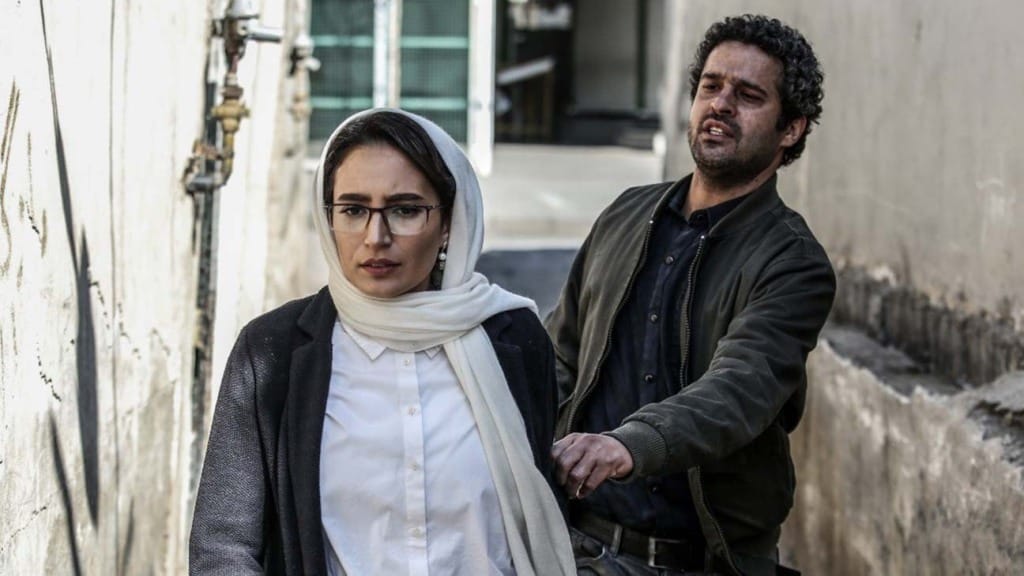
In the movie, you use many sudden close ups and zoom-ins. Why did you choose this approach?
Reza: I shot the movie using a lot of lenses but all with 250 to 500 fps, which was really difficult for the DP. These zoom-ins are part of my film form, I want to aggravate the audience and push them to see the particular aspects I am zooming in. I make the movies the way I watch them, with my eyes. I want to transfer, through my decoupage, my feelings to the viewers in different ways, and that is the way I thought was better to do it
What about the editing?
Reza: With the song and the editing, I want to communicate tension.
Fatemah: Reza told the editor how and when to make the cuts, he already knew from before and had told us how the cuts of the film would be
Reza: I would also Iike to add that I have a very good crew in Iran, very talented people. The editor, Hayedeh Safiyari has worked with Asghar Farhadi and is considered the best in Iran, Mohammad Reza Delpak, the sound designer has worked in many Kiarostami and Panahi movies.
Does the fact that there are so many close ups to your face make it more difficult for you to act, particularly since you do not talk that much in the movie?
Fatemah: Acting is difficult but I grew up with the camera, so I enjoy any kind of shooting style. I am actually famous for acting without dialogue, with my eyes, so that was not difficult.
Can you give us some details regarding the Iranian movie industry?
Fatemah: I think it is in a transitional phase between the previous and the current generation. The current generation needs to learn about the past but also do something for their future. I am filled with hope for the new generation, because my generation kind of stopped at some point, but now we are reaching the end of the bridge.
And how about actresses, are there many opportunities?
Fatemah: Of course, just like before, there are a lot of parts for women actors.
Reza: We have more than 400 movies every year in Iran, 200 features, and the rest are documentaries, TV movies etc. Also we have 330 movies out of Iran, very important movies, co-productions. People love cinema in Iran and they go to the cinemas. There are only Iranian movies playing in cinemas in Iran.
Fatemeh: Through satellite, however, you can watch everything, Netflix, HBO.
What about your future projects?
Fatemah: I am in the middle of shooting a movie, a love story in the middle of the war between Iran and Iraq, and also I will be playing in the theater, a play about immigrants, a subject I really love. I also have a couple of proposals to work on mini series and I have received some scripts to check.
Do you ever get tired?
Fatemah: No, it is like a hobby to me, I enjoy it a lot. I am not tired at all.
Reza: I am writing, I will see where it gets me.


